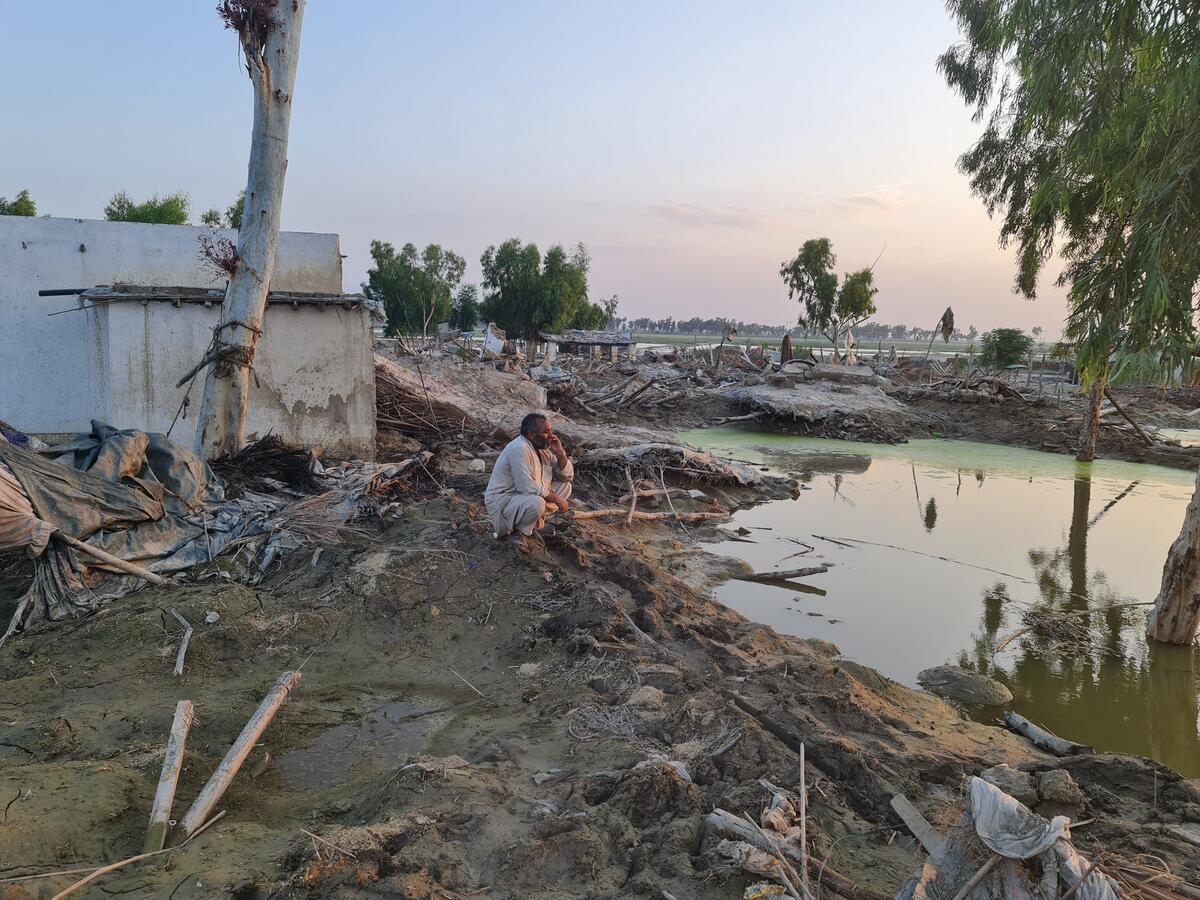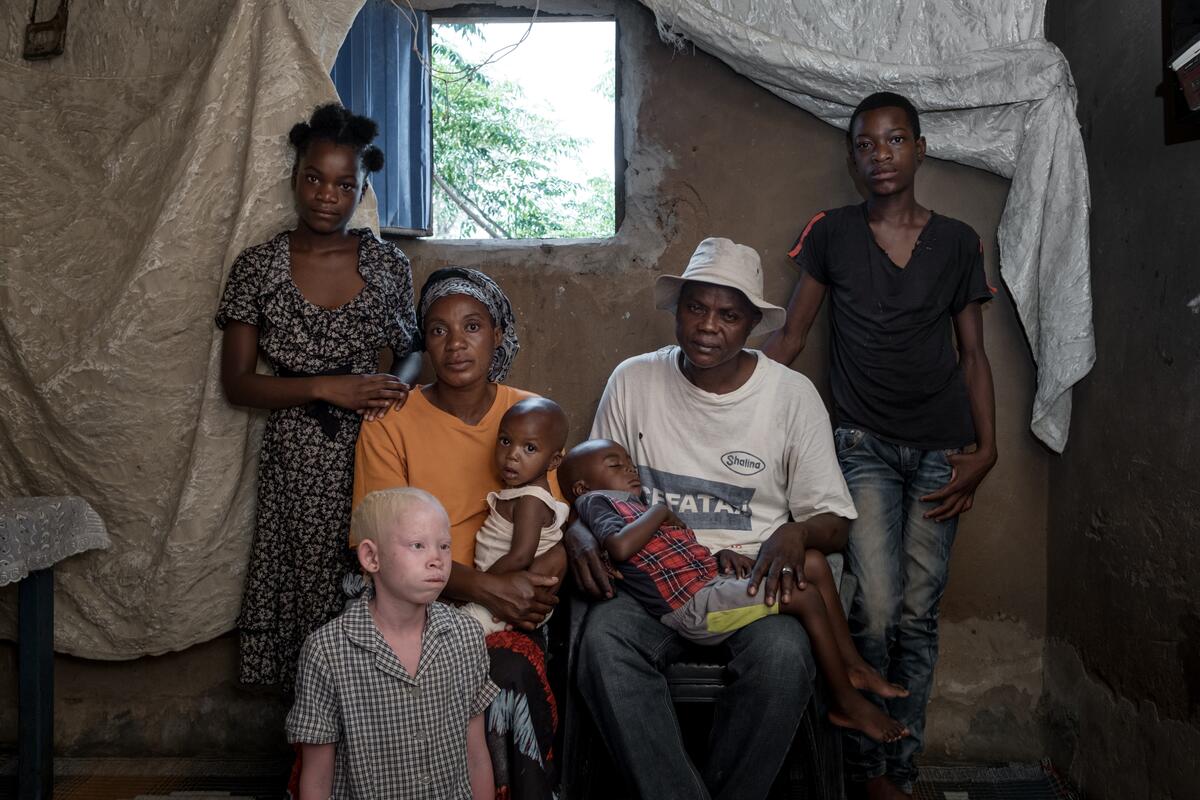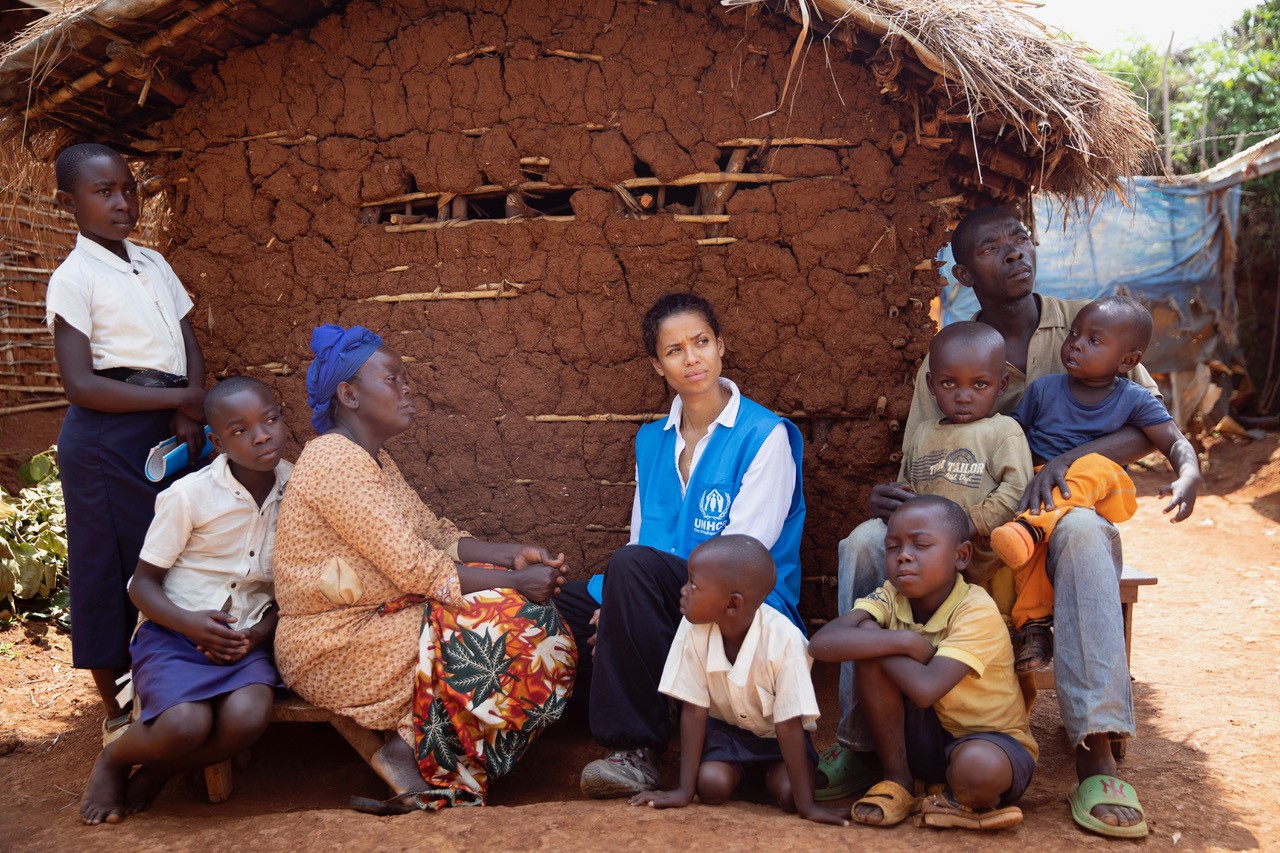Grandi urges more aid for Turkey's refugee hosting effort
Grandi urges more aid for Turkey's refugee hosting effort

ANKARA, Turkey – UN High Commissioner for Refugees Filippo Grandi on Thursday praised Turkey’s generosity in hosting more than 3.5 million refugees from the war in Syria, calling for greater support for the country in its role as host to the world’s largest refugee population.
In a meeting with Turkish President Recep Tayyip Erdoğan in the capital, Ankara, Grandi expressed his gratitude for Turkey’s hospitality towards Syrian refugees, and its policy of inclusion by providing access to education, health care and employment.
“Turkey and its people have provided safety and refuge to millions of Syrians fleeing war and destruction back home,” the High Commissioner said. “As a host to more refugees than many of the world’s major economies combined, the international community must do its part to support Turkey’s continuing generosity.”
Besides more than 3.5 million refugees from the seven-year conflict in Syria, Turkey also plays host to hundreds of thousands who fled conflict and instability in countries including Iraq, Afghanistan and Somalia.
About 70 per cent of Turkey’s refugee population consists of women and children. More than 90 per cent of refugees in the country live outside camps in urban and rural areas alongside their Turkish hosts.
During his visit, the High Commissioner highlighted some of the steps taken by the government to include Syrian refugees in services. Syrians were granted the right to work in 2016 and, while the language barrier presents a challenge for many in finding a job, the authorities have organised language courses and vocational training.
“Life in Turkey is beautiful.”
With almost 1 million school-age Syrians living in the country, a campaign to encourage them back to school meant enrolment levels doubled in the 2017-18 academic year to 60 per cent, mostly in public schools. The government aims to reach 100 per cent enrolment with the support of the international community.
In discussions with senior Turkish officials, including the ministers of foreign affairs, interior, and family and social policies, on solutions for refugees, in addition to the steps taken with respect to social inclusion, both sides underlined the importance of availability of options for resettlement and legal pathways and voluntary return once conditions allow.

Grandi described Turkey’s inclusive legal framework towards refugees as a positive example that would help to shape UNHCR’s drafting of a comprehensive global compact on refugees, due to be presented to the UN General Assembly later this year.
He expressed dismay that the numbers of refugees being resettled in third countries had decreased and called on governments to share responsibility with Turkey and other large refugee hosting countries by offering more places.
The High Commissioner commended Turkey for its role as a global humanitarian actor, particularly for its support for Rohingya refugees in Bangladesh.
A day earlier, Grandi met with some of the 540,000 Syrian refugees currently living in Turkey’s largest city Istanbul. As well as young entrepreneurs and students studying at Turkish universities, the High Commissioner spoke with members of a Syrian women’s support group who told him of their hopes and challenges.
Hevin, a 30-year-old mother of three from Aleppo, came to Turkey with her family in 2013. She described the difficulties she faced during her first few years in exile, recovering from the trauma of conflict and displacement inside Syria while struggling to survive in Istanbul on limited resources.
“Life in Turkey is beautiful, but Istanbul is very expensive,” she said. “In the beginning we barely had enough to cover our basic costs, but since we began receiving cash assistance of 600 Turkish Lira (US$159) a month, now I can afford a few extras for my kids.”
“We must strive to support them as much as possible.”
Hevin said her only priority was to provide a secure future for her three young children and she was grateful that her two school-aged sons were able to go to public school. She said integrating into Turkish classes had been difficult for her Arabic-speaking boys.
Grandi acknowledged the economic and social challenges she and others faced, and pledged that UNHCR would continue to work with the Turkish authorities to help them.
“Turkey has extended hospitality and protection to three and a half million Syrian refugees, who have benefited – as the refugees also said during our conversation – from stability and peace,” he said.
“But their lives – especially in a big city like Istanbul – are also full of struggles: the language barrier, education challenges, legal problems and financial issues, because the resources are so limited. So we must strive to support them as much as possible to improve their lives,” he added.









